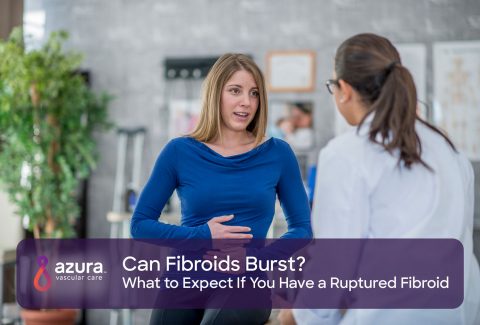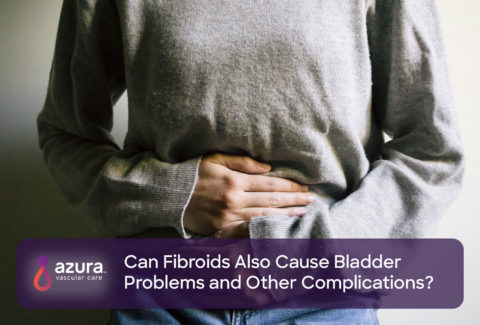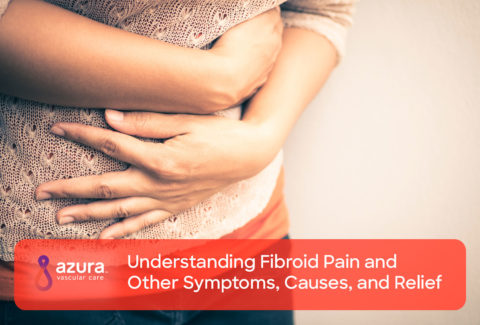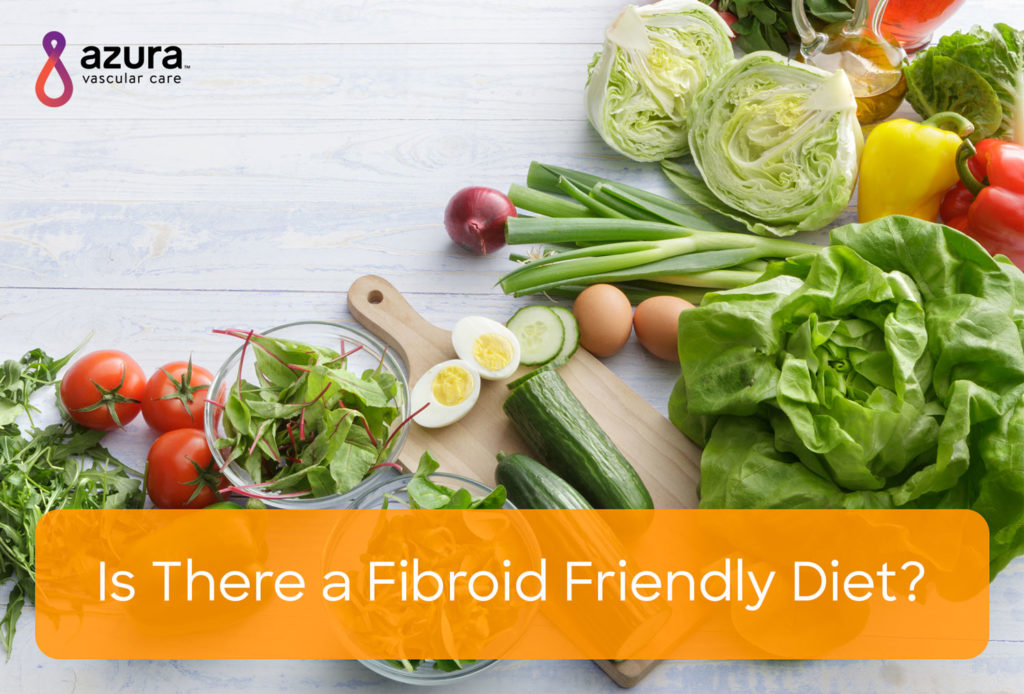
We all know that eating a healthy diet and living a healthy lifestyle are paramount to good health. But did you know that by having a fibroid friendly diet, essentially avoiding certain foods and beverages and increasing your intake of others, may slow the growth of your uterine fibroids and help minimize your symptoms?
The Essentials to Following A Fibroid Friendly Diet
It goes without saying, sticking to a healthy diet is something we all should try to do. A poor diet can lead to numerous health issues, including obesity, which has become a nationwide epidemic. By last count, more than one of out of three people living in the United States were obese.
Obesity has been linked to a number of health conditions, including the development of uterine fibroids. i Recent studies also show that obese women are more likely to develop uterine fibroids compared with women who maintain a healthy weight. And eating too much red meat, such as beef and ham, has also been linked to uterine fibroids. ii,iii
If you’re at high risk for fibroids, eating a healthy diet may not prevent you from developing them altogether, but it could slow their development or help to reduce symptoms. Let’s look at what constitutes a fibroid friendly diet for women.
Fruits, Whole Milk, and Eggs Might Help
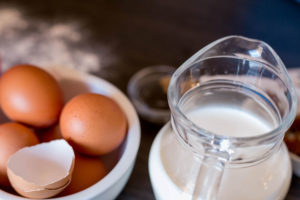
A study published in the American Journal of Clinical Nutrition looked at the link between fibroid risk and eating fruits and taking vitamin A. Researchers followed more than 22,000 premenopausal women and found that those who had a higher intake of fruit and preformed vitamin A – the vitamin A found in food from animal sources such 4/ as whole milk and eggs – had a lower risk of developing uterine fibroids. iii
The Vitamin D Link – Fish and Dairy
Research has also shown that vitamin D, a fat-soluble vitamin, might help prevent fibroid development. Scientists think that vitamin D can prevent fibroid cells from producing fibrous tissue, including uterine fibroids. iii
Foods high in vitamin D include:
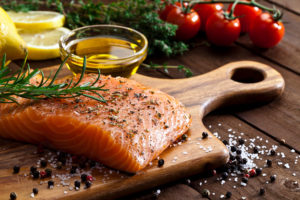
1. Cod liver oil
2. Dairy products, such as milk, cheese and yogurt
3. Egg yolks
4. Fortified breakfast cereals
5. Oily fish, such as salmon, herring and sardines
6. Tofu
Another way to make sure you’re getting sufficient vitamin D is to get plenty of sunshine. Your body produces vitamin D naturally when your skin is exposed to sunlight.
If you’re concerned about vitamin D deficiency, ask your doctor for a simple blood test to evaluate your vitamin D levels.
Kale, Cabbage and Broccoli
In recent years, kale has been dubbed as having super food status. As a cruciferous vegetable, kale is high in indole-3-carbinol, which might help prevent the development of estrogen-driven tumor production, including fibroids. iv
But don’t fret if you haven’t developed a taste for kale. There are many other cruciferous vegetables, such as:
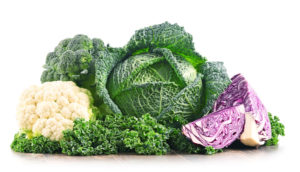
- Arugula
- Bok choy
- Broccoli
- Brussels sprouts
- Cabbage
- Cauliflower
- Collard greens
- Horseradish
- Radishes
- Rutabagas
- Turnips
- Watercress
- Wasabi
Be Kind to Your Liver
If you struggle with uterine fibroids, you might also want to reduce your intake of caffeine and alcohol, particularly beer. The Black Women’s Health Study determined that for African American women, an association exists between drinking alcohol, especially beer, and the development of uterine fibroids. iv
Caffeine and alcohol have also been linked to lower levels of iron absorption. If you have heavy bleeding from your fibroids, low iron absorption could be a concern. iii
Tried The Fibroid Friendly Diet and Still Suffering From Fibroids?
Living a healthy lifestyle and eating a healthy diet might not prevent fibroids from developing entirely, but you’ll probably feel better. However, not every woman will see a reduction in symptoms from fibroids simply after committing to a change in diet and lifestyle.
If you already follow a fibroid friendly diet and still have bothersome symptoms, talk to your doctor about your options. And keep in mind that surgery or hysterectomy are not your only options. Ask your doctor about the minimally invasive alternative to surgery, uterine fibroid embolization (UFE). Remember, you don’t have to continue to suffer from your uterine fibroids – and, surgery is not your only option for treatment!
Sources:
i Takeda, T. et al. “Relationship Between Metabolic Syndrome and Uterine Leiomyomas: A Case-Control Study”, Gynecologic and Obstetric Investigation. July 2008; 66:14–17.
ii Chiaffarino F, Parazzini F, La Vecchia C, Chatenoud L, Di Cintio E, Marsico S. Diet and uterine myomas. Obstet Gynecol. 1999;9:3954(3)-398.
iii Wise, L.A., et al., (2011) Intake of fruit, vegetables, and carotenoids in relation to risk of uterine leiomyomata. American Journal of Clinical Nutrition 94: 1620-1631.
iv Steward, E. A., Nicholson, W.K., Bradley, L., and Borah, B.J. (2013). The burden of uterine fibroids for African-American Women: Results of a national survey. Journal of Women’s Health 22(10): 807-816.
